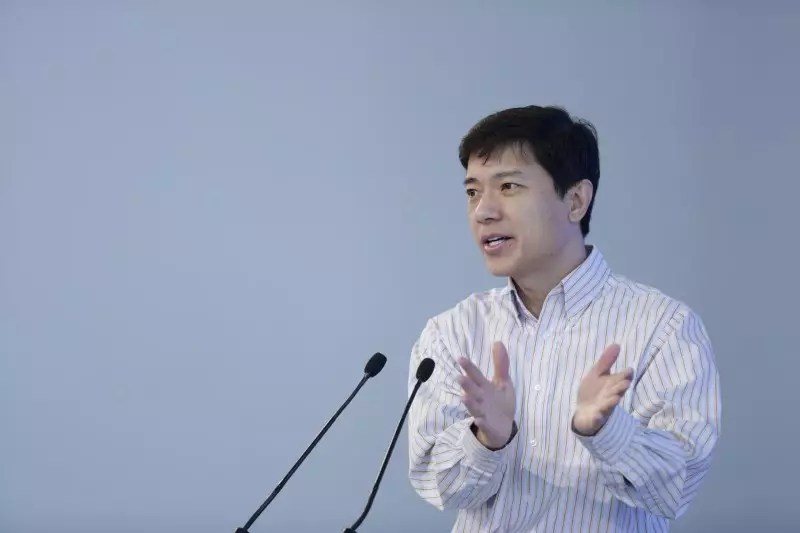In a significant stride towards the integration of autonomous vehicle technology, Baidu, the prominent Chinese tech powerhouse, has secured official approval to pilot its self-driving cars in Hong Kong. The Transport Department has granted Baidu Apollo International Ltd the necessary licensing to conduct tests specifically for its Apollo robotaxi service. This endorsement marks a key development in Hong Kong’s commitment to fostering innovative transportation technologies.
Under the newly issued permit, Baidu will deploy a fleet of 10 self-driving vehicles across designated routes in North Lantau. The license is set to take effect from December 9, 2024, and will remain active for a period of five years, culminating on December 8, 2029. This testing initiative reflects an evolving regulatory environment that is becoming increasingly supportive of autonomous technology. However, during the initial phase, only one vehicle will be allowed on specific road sections concurrently, ensuring that safety remains a priority. A safety operator will be mandated to sit behind the wheel, ready to take control if the situation demands.
A Step Toward Modernizing Urban Transit
Baidu’s entry into Hong Kong epitomizes a crucial moment in the city’s ongoing journey towards modernizing its urban transportation framework. Since 2017, Hong Kong’s government has actively endorsed the exploration of self-driving vehicles, culminating in the recent regulatory changes that expand testing opportunities on public roads. The authorization of Baidu’s pilot program stands as a pioneering move under this fresh regulatory scheme, encouraging other tech companies to follow suit.
This licensing decision is especially noteworthy as it signifies Baidu’s first experience in testing autonomous technology beyond China’s borders, where the company has established a robust presence. The Apollo Go service has gained traction in several major Chinese cities, such as Wuhan, which boasts a fleet of over 400 vehicles and serves as Baidu’s operational hub. By venturing into Hong Kong, Baidu is not only expanding its geographical footprint but also seizing an opportunity to capture a share of the burgeoning autonomous vehicle market in the region.
Strategic Expansion Beyond China
In an era where competition in the autonomous vehicle space is heating up, Baidu is strategically positioning itself on the global stage. Last month, the Wall Street Journal reported on the company’s ambitions to extend its robotaxi services beyond mainland China, specifically targeting regions like Singapore and the Middle East. This move underscores Baidu’s relentless pursuit to innovate and upscale its operations in an increasingly competitive landscape, where other tech giants are also racing to implement advanced driving technologies.
Baidu’s proactive steps toward testing in Hong Kong indicate a broader vision aimed at not only enhancing operational capabilities but also reshaping urban mobility. While challenges remain, the company’s efforts speak volumes about a future where autonomous vehicles could reshape our everyday travel experiences, facilitating safer and more efficient transportation options.
Baidu’s forthcoming trials in Hong Kong signal a promising advancement in the autonomous vehicle sector. As the government continues to embrace such innovations, the landscape of urban transit may soon see transformational changes, creating new opportunities for both technologists and consumers.


Leave a Reply